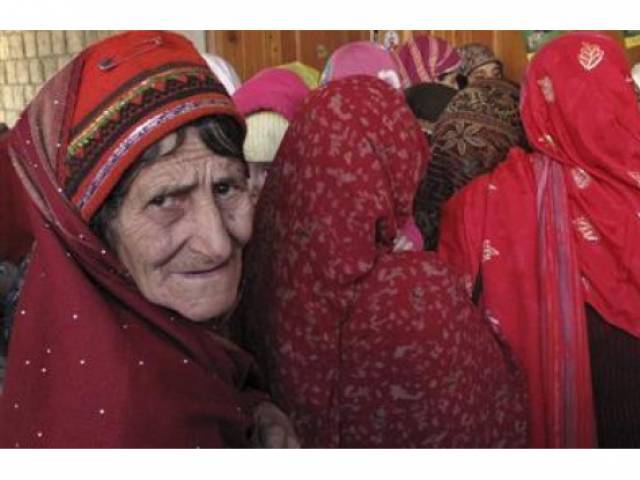“The bill faced opposition from lawmakers and got struck down, but that doesn’t mean it is dead,” says Parliamentary Secretary for Law, Aurangzeb Khan, who tabled the bill in the assembly. “We are going to present it to the assembly soon, with a firm belief that it will sail through,” he adds.
Interestingly, opposition did not come from a religious party alone; it came from those representing parties such as PML-N too. The speaker and deputy speaker were among those opposed to the bill. “This is a mindset that isn’t generally confined to politicians of religious parties,” says Khan, adding the government cannot afford to keep it pending for too long.
Lawmakers in the G-B assembly are the biggest deterrent when it comes to passing bills empowering women. In June 2014, lawmakers criticised the coeducation system in place at the Karakoram International University and termed it against the cultural and religious values of G-B. PML-Q lawmaker, the late Mirza Hussain, raised the issue, triggering a debate in the assembly and earning appreciation from his peers. “It is neither ethically nor religiously permissible to us to allow young women to study with namehrams. In the recent past, unethical activities have been observed because of this,” said Hussain.






